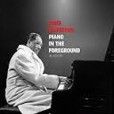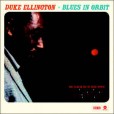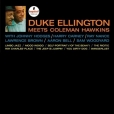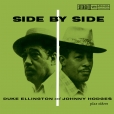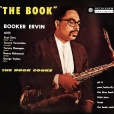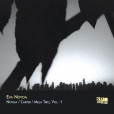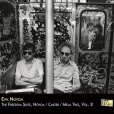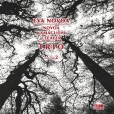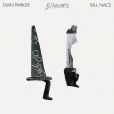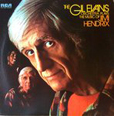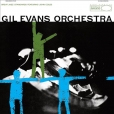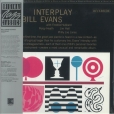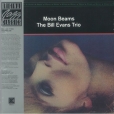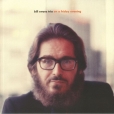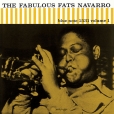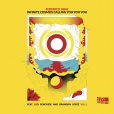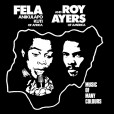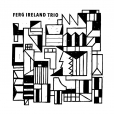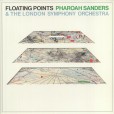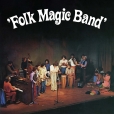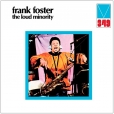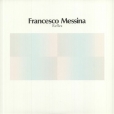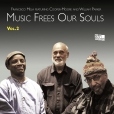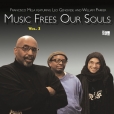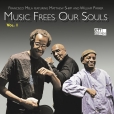Your basket is empty

Released in the same few months as Money Jungle and Duke Ellington Meets John Coltrane, this is equally unmissable.
The opening calypso establishes the joyful, extravagant mastery of the date. Apparently the musicians were unaware that they were being recorded (by Van Gelder), and — thinking it was just a warm-up — drummer Sam Woodyard rhythm-a-nings, burbles, and scats away to himself, happy as Larry, and the Hawk doesn’t show up till two-thirds of the way through… nailing it, of course. Then a rapturous version of Mood Indigo, with more sublime Hawkins… a kicking Ray Charles tribute… Wanderlust, the Johnny Hodges classic from the thirties…
‘One of the great Ellington albums, one of the great Hawkins albums and one of the great albums of the 1960s,’ according to the New York Times.
The Barca-born pianist back to wow us again on piano, Fender Rhodes, Chinese gongs, and a little whistling; with longtime collaborator Masa Kamaguchi, and Detroit drum wizard Gerald Cleaver. ‘Where melodic density meets contrapuntal dialogue, a free interplay of rich textures and riveting, masterly improvisation. This smooth complexity is what gives rise to the group’s uniqueness.’
The Wire magazine hailed the first volume: ‘deep and thoughtful’.
Giddily lovely ballads from 1962, with Chuck Israels taking over from Scott LaFaro.
That’s Nico on the cover.
A newly-discovered recording of a live performance by the Trio, with Eddie Gómez playing bass and Eliot Zigmund drums, on June 20, 1975, at Oil Can Harry’s, Vancouver, Canada.
‘Classic Vinyl series.’
‘Channelling the great chordless trios of Sonny Rollins. An authoritative, belting New Cross blues, a feline Mel’s Mood and a stately, serene When You Know; all with a spontaneous immediacy that allows Ireland’s assured compositions to take unexpected directions. The closer Lips boils over in the outro, with the faders left up to capture the vibe.’
Originally released by the Folkstudio label in 1976, this is infectiously exuberant, eighteen-piece spiritual jazz in the tradition of the Arkestra, the Organic Music Society, and Mingus; strung between the post-war big bands and the Italian outernationalism of projects like Aktuala and Futuro Antico, drawing in music from Asia, Africa, and Latin America.
In 1979, just after the release of Prati Bagnati Del Monte Analogo, Messina was asked to perform at the Teatro Quartiere in Milan.
‘Due to the limited availability of key technical features, ’ he recalls, ‘it would have been too complicated to perform Prati Bagnati, and therefore I opted for these three pieces instead. We had never actually tried them all together, so I thought about renting a recording studio the previous afternoon. In that way, we could rehearse in a suitable place and use the opportunity to record the music on tape.’
The music has an unadorned, almost improvisational feel, skewered by passages of arpeggiated, meditative piano. Its chords layered and unfurled in real time via a reel-to-reel tape machine, the track Reflex recalls Steve Reich’s mesmeric phase-shifting works of the 1960s.
